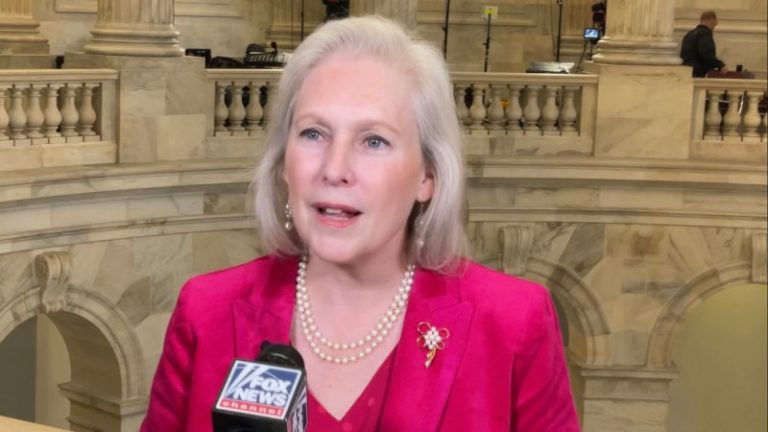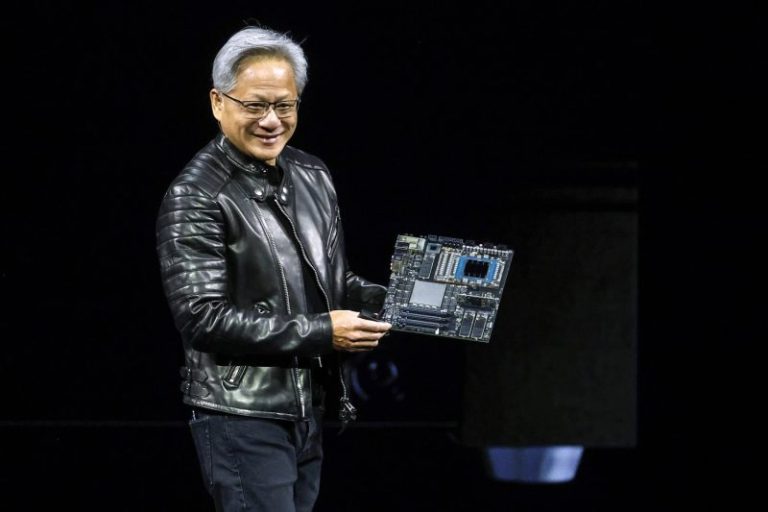President Donald Trump said he’s not interested in showing ‘anybody’ plans for how the U.S. would navigate a conflict with China after a New York Times report that SpaceX and Tesla CEO Elon Musk’s meeting at the Pentagon Friday included details about contingency plans for any war with Beijing.
Trump told reporters Friday that Musk met with Pentagon officials to discuss initiatives relating to the Department of Government Efficiency (DOGE) that Musk is spearheading.
‘We don’t want to have a potential war with China,’ Trump said at the Oval Office Friday. ‘But I can tell you if we did, we’re very well-equipped to handle it. But I don’t want to show that to anybody. But, certainly, you wouldn’t show it to a businessman who is helping us so much. He’s a great patriot. He’s taken a big price for helping us cut costs, and he’s doing a great job.’
Musk and China could be a conflict of interest, given Tesla’s business dealings with China and SpaceX’s relationship with the Pentagon on military space capabilities. And an adversary like China learning details about the U.S. military’s war plans could put national security at risk and undermine U.S. forces.
But Secretary of Defense Pete Hegseth said Musk’s meeting at the Pentagon centered around DOGE, innovation and other ways to advance efficiency, not China.
‘There was no war plans. There was no Chinese war plans,’ Hegseth said at the White House Friday. ‘There was no secret plans. That’s not what we were doing at the Pentagon.’
Hegseth also announced plans Thursday to cancel more than $580 million in Department of Defense contracts, following recommendations from DOGE.
The New York Times reported Thursday evening that Musk’s Pentagon briefing would involve a presentation with 20–30 slides on how the U.S. would combat China, various Chinese targets to strike and how the Pentagon would share these plans with Trump.
The Times also reported the meeting would take place in the so-called Tank, a secure conference room reserved for the joint chiefs, senior staff and visiting combatant commanders.
The Times report said details on China could have been shared with Musk amid his efforts leading DOGE and possible cuts to the Department of Defense.
The White House referred Fox News Digital to Trump’s remarks when asked for comment about the nature of Musk’s briefing.
Trump and Hegseth pushed back on the report Thursday, with Trump describing the report as ‘completely untrue.’ Hegseth also said in a post on X the meeting with Musk would primarily touch on innovation.
In response to Hegseth’s post, Musk responded, ‘Exactly. Also, I’ve been to the Pentagon many times over many years. Not my first time in the building.’
Musk also said in a separate post he looks ‘forward to the prosecutions of those at the Pentagon who are leaking maliciously false information to NYT.’
‘They will be found,’ he said.










